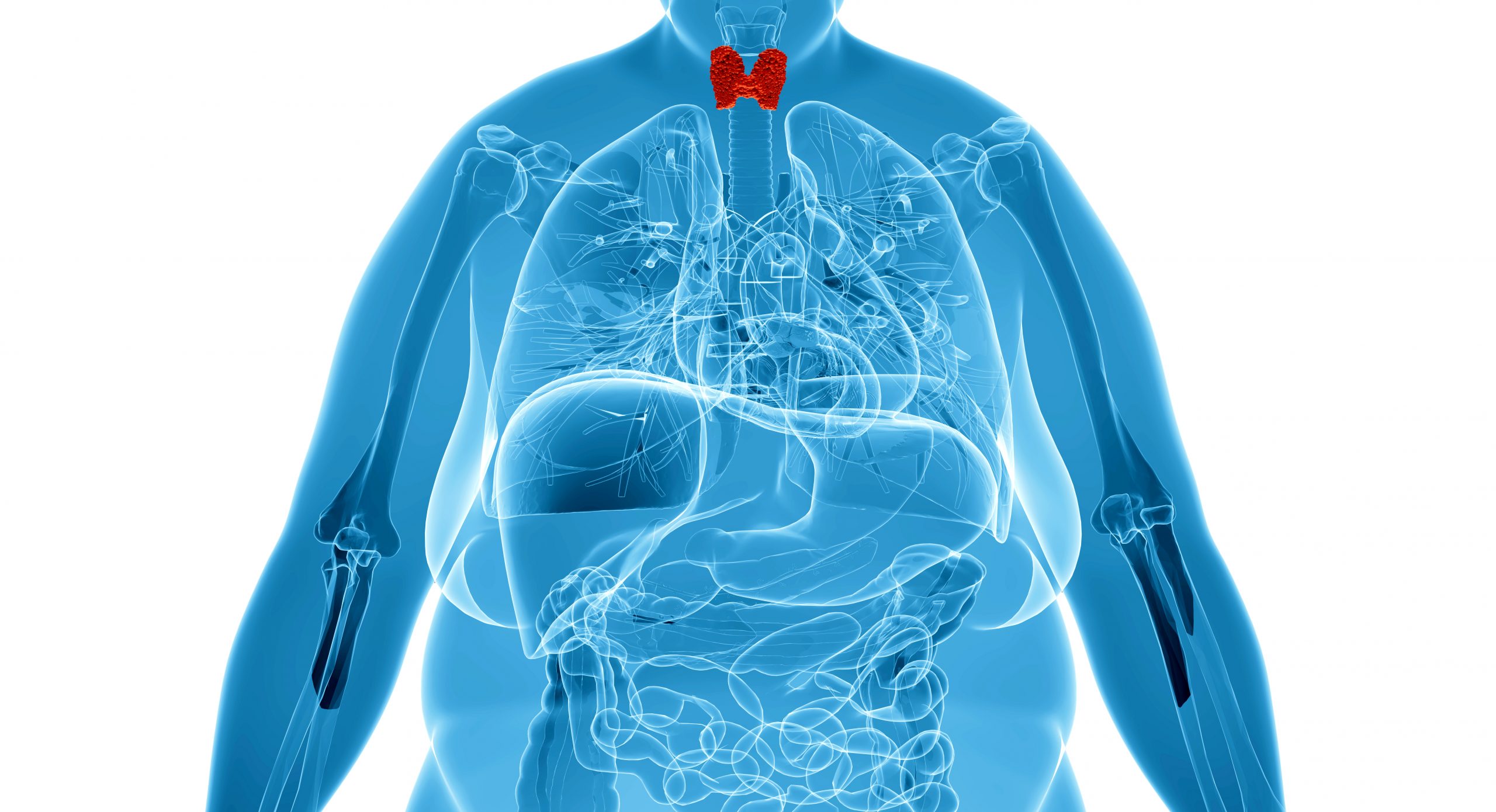Nicotine used to be considered as a primary risk factor; however it has been replaced by obesity in today’s world. Overeating accompanied by no physical activity poses a greater risk than smoking for onset and progression of cancer. Experts indicate that tumours are likely to recur along with the risk of cancer in obesity, and highlight the importance of exercising and eating healthy.
 Dr. Yıldız Erdoğanoğlu, an academic member from Üsküdar University, Faculty of Health Sciences, Department of Physiotherapy and Rehabilitation made significant evaluations on the risks of obesity on cancer.
Dr. Yıldız Erdoğanoğlu, an academic member from Üsküdar University, Faculty of Health Sciences, Department of Physiotherapy and Rehabilitation made significant evaluations on the risks of obesity on cancer.
Overweight women exposed to 90% higher risk of cancer
“Smoking, which claims a rate of 25 to 30% in cancer deaths, is very important. Up until today, nicotine used to be a primary risk factor for cancer. Interestingly, most recent research findings demonstrate that overweight poses a greater risk than smoking for the risk of cancer as it has been placed on the top of the list.” says Academic Member Dr. Yıldız Erdoğanoğlu.
“Over eating accompanied by limited physical activity leads to obesity, which has a greater risk than smoking for onset and progression of cancer. Carcinogenesis probability has increased by 90% for overweight women, which is a very high rate. Some types of tumours such as ovarian cancer or cervical cancer, breast cancer apart from colon and prostate cancers are clinically seen with overweight individuals.”
Obesity causes tumours to recur!
Erdoğanoğlu remarks as follows: “If you are overweight, you are prone not only to cancer but also recurrence of tumours. Regular physical activity accompanied by healthy diet reduces the risk. It is crucial to gain awareness.”
“Today, risk of disease appears to decrease for certain types of cancer while it tends to increase for others. Industrialisation and welfare level, smoking, unhealthy diet, environmental pollution or carcinogenic materials are amongst the risk factors. Cancer cannot be linked to a single factor as it relies on a set of various factors. Genetic factors also play a significant part for having cancer, but it is hardly possible to anticipate individual risks. One can reduce already known risk factors to minimise the risk of disease.”
Consider these guidelines to reduce your risk of cancer!
Academic Member Dr. Yıldız Erdoğanoğlu refers to following tips in cancer prevention:
- “Avoid overweight. Remember that waist circumference should be up to 80 cm for women and up to 94 cm for men. Seek professional help if you fail with bodyweight management.
- Do not smoke! If you are a smoker, quit as soon as possible. If you cannot quit, at least try not to around non-smokers.
- Exercise regularly. Even a half an hour of walking a day will help you prevent disease.
- Consume vegetables and fruits: Minimum five portions a day. Avoid foods that contain animal fat.
- If you consume alcohol, restrict use. No alcohol is the best thing to do, remember. If you cannot get alcohol out of your life, men should stick to two glasses and women to one glass a day.
- Avoid intense sunlight. Kids and adolescents should wear sun block. Individuals who are prone to sunburns should always protect themselves from the sun.
- Follow up with safety instructions on carcinogen chemicals. Follow advises to protect against radiation.
- Women should be aware of and pay attention to cervical cancer screening.
- For early detection of breast cancer, women above 50 years should undergo mammography screening.
- Both men and women should take precautions for early detection of colorectal cancer.
- Both men and women should get hepatitis b vaccination administered.”



